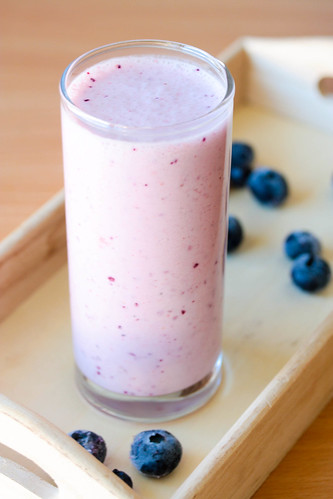We've had a helluva couple of weeks with things breaking around here:
Our oven stopped working after a self-clean cycle. We had the repair guy out, and he worried that the cost of repair would be 2/3 the cost of a new oven. Regardless, I had him go ahead and order the suspected part. When I hadn't heard from him in almost a week, I cancelled the first repairman and called a different repair company. This one refused to attempt the repair, not knowing what the first guy had done. This is now two full weeks without an oven, approaching Christmas time. I fell on my sword, called the first company back again, and asked them to please re-order the part. He called back on the weekend and told us we need to go see what's available at the local stores - the prices for new appliances are even lower as it approaches Christmas. So we bought a new oven. First world problem solved by money.
 Laura was sitting on the couch last week and her iPad fell onto the floor, and promptly stopped working. After several attempts, and a visit with Apple repair, she bought a replacement. First world problem solved by money.
Laura was sitting on the couch last week and her iPad fell onto the floor, and promptly stopped working. After several attempts, and a visit with Apple repair, she bought a replacement. First world problem solved by money.While we were travelling to the Apple store, we were running a bit late for the appointment and it was raining, so Laura (driving) dropped herself off at the front doors of the mall while I searched for a parking spot. Because of the particular way she stopped the car and got out, the remote opener for the car stopped working. We thought this was another expensive repair, but it finally "healed" itself after a couple of start-stop-restart cycles of the car. First world problem solved by patience.
On Sunday, we put Kathryn on an airplane for a year (minimum) in Brisbane, Australia. Travis will be joining her there in a month or two - he has a job now with Virgin Australia. We're sad to see her go, and it was awfully nice to have both kids on the same continent for a while, but she has a life to live and I'm jealous of the one she has. She'll have a great adventure. First world problem solved by money (ie: buy a plane ticket and go see her and talk to her whenever we want via Skype).
Seems to me the only first world problems not solved by money are health issues - been there, done that. So maybe first world problems aren't really problems at all - they're attitude and perspective.
I'm proud that both kids have asked for us to donate some first world cash (Kiva.org and Covenant House are the current choices) this year in lieu of any gifts. This is a first world problem we should be happy to have.

























